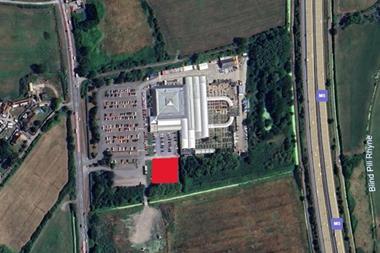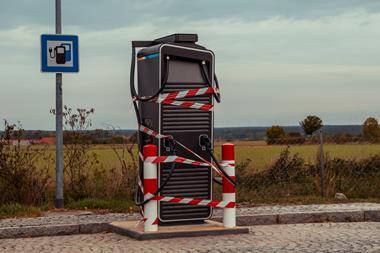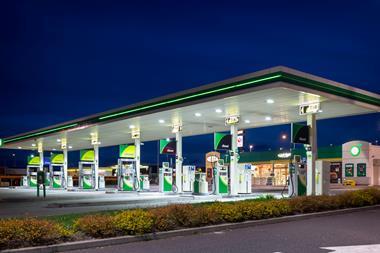Discounted fuel is being made available to members of the Road Haulage Association and Freight Transport Association through a new joint fuel card from The Fuelcard Company.
Operating on the Keyfuels network, which covers one in five of all UK petrol filling stations, the new RHA FTA fuel card can be accepted at more than 1,600 sites nationwide. Many of these sites offer dedicated HGV fast flow pumps and a third have capacity for HGVs up to 44 tonnes. Members will receive a weekly fixed price based on the bulk fuel market, which The Fuelcard Company claims could mean savings of more than £50,000 a year on the national pump price.
In addition, users will have access to The Fuelcard Company’s online fuel management system. This allows them to monitor fuel spend, and it can list all transactions on a single, VAT-approved, EU 6th Directive compliant e-invoice, removing the need to manage paper receipts.
The Fuelcard Company offers a smartphone app to enable drivers to find a fuel station, and also offers an the online site locator which can be downloaded into satnavs.
The card will be free for the first year, there is no contract to sign, and there will be no cancellation fee.
FTA chief executive Theo de Pencier said: “FTA realises how important it is to its members to reduce their fuel costs, and is delighted to be able to bring them the opportunity to do so with the help of the RHA FTA fuel card. Joining forces with RHA means that we can pool our resources and offer members excellent discounts and price reductions.
“Having worked together with FairFuelUK in a successful campaign to stop fuel duty hikes, we have gone one step further towards the solution to getting fixed weekly fuel prices for our members.”
Lee Atkinson, The Fuelcard Company’s partnership manager said: “The Fuelcard Company is committed to supporting the needs of the transport sector and through our partnership with the RHA and FTA, we are able to extend the benefits of a fuel card to their extensive member networks. A fuel card offers the tools to monitor fuel expenditure and usage; an indispensable resource in keeping track of every drop used.”

































No comments yet